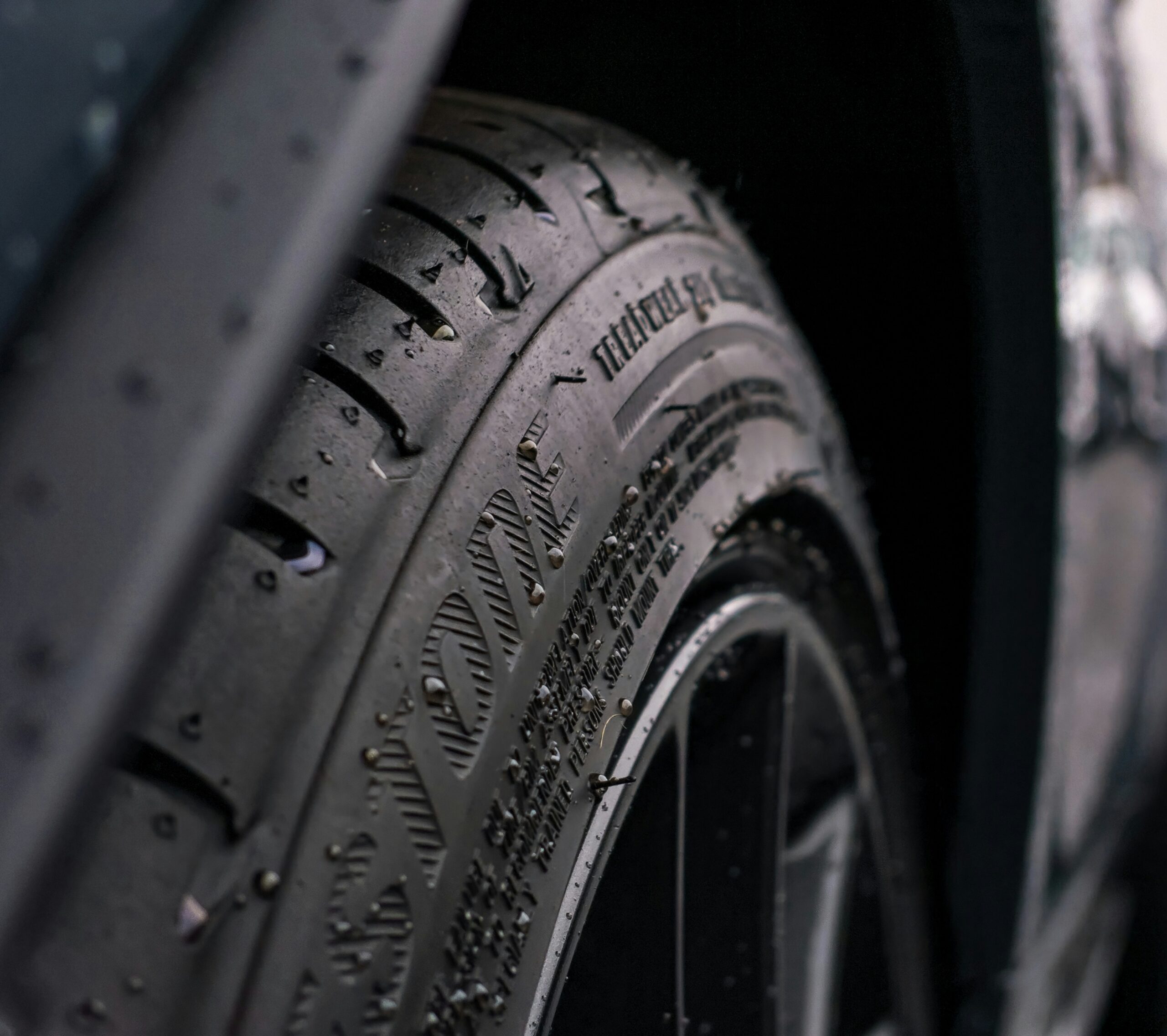When it comes to choosing all-weather tires, two of the most trusted names in the industry—Goodyear and Bridgestone—often lead the conversation. Both offer a strong lineup of tires promising durability, performance, and safety. But which brand truly delivers the best all-weather option? In this article, we break down the comparison to help you make an informed decision.
H2: Overview of Goodyear and Bridgestone
H3: Goodyear – A Legacy of Innovation
Goodyear, an American company founded in 1898, is known for its long-standing history in tire manufacturing. The brand emphasizes innovative tire technology, focusing on safety, fuel efficiency, and year-round performance.
H3: Bridgestone – Engineering Excellence
Bridgestone, headquartered in Japan and founded in 1931, is the world’s largest tire and rubber company. Known for its advanced engineering, Bridgestone invests heavily in research to deliver high-performing tires across various weather conditions.
H2: Key Features of All-Weather Tires
H3: Tread Design and Grip
Goodyear’s all-weather tires, like the Assurance WeatherReady, feature asymmetric tread patterns and 3D TredLock Technology for enhanced grip on wet, dry, and snowy roads.
Bridgestone’s WeatherPeak line offers full-depth sipes and a rounded footprint for better road contact and traction in changing climates.
H3: Performance in Different Conditions
- Dry Roads: Both brands perform reliably, but Goodyear edges slightly ahead with better high-speed stability.
- Wet Roads: Bridgestone generally shows superior hydroplaning resistance and wet braking.
- Snow & Ice: Goodyear tires are certified with the Three-Peak Mountain Snowflake (3PMSF), offering strong winter capability. Bridgestone also meets this standard but may not match Goodyear’s grip in deep snow.
H2: Durability and Warranty
H3: Goodyear’s Longevity
Goodyear tires are known for extended tread life, often rated at 60,000–65,000 miles. Their tires are backed by strong warranties and customer support.
H3: Bridgestone’s Reliability
Bridgestone tires typically offer 60,000-mile warranties. While competitive, some users report faster wear under aggressive driving or extreme weather.
H2: Price Comparison
H3: Cost Considerations
Goodyear tires are generally priced slightly lower than Bridgestone, making them more attractive to budget-conscious consumers. However, Bridgestone often justifies its premium with advanced technology and slightly better wet performance.
H2: Consumer Reviews and Ratings
H3: Goodyear Feedback
Most Goodyear all-weather tire users praise the tires for comfort, snow handling, and value for money.
H3: Bridgestone Feedback
Bridgestone receives high marks for ride quality, quietness, and all-season adaptability, though some users note faster wear on heavier vehicles.
H2: Final Verdict
H3: Which Tire is Right for You?
If you prioritize winter performance and value, Goodyear may be the better option. On the other hand, if you’re looking for superior wet handling and smoother highway driving, Bridgestone is worth the investment.
Ultimately, both brands offer excellent all-weather tires, and the best choice depends on your driving habits, climate, and budget.

Leave a Reply